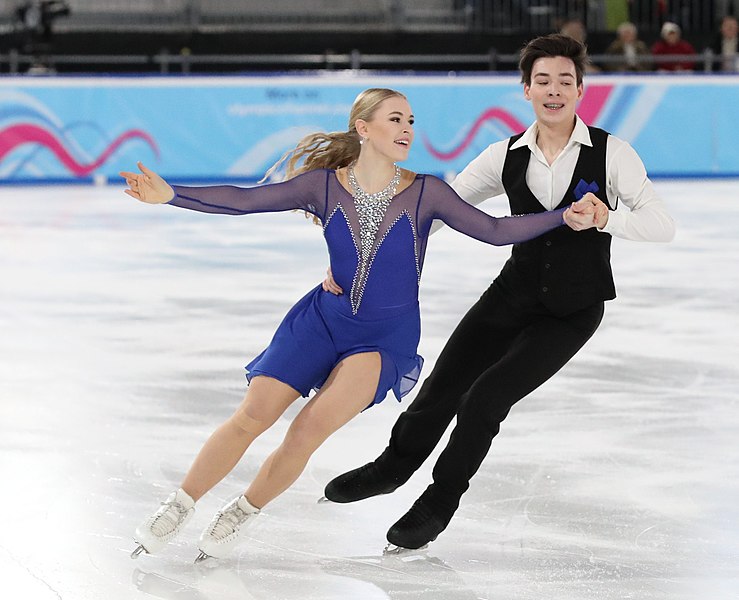Practice, Practice, Practice
Public speaking is a learned skill. As with any learned skill, one cannot simply read a book or manual on it and expect to master it, or for that matter, even hope to do remotely well her or his first time out. Learned skills require dedication, commitment, time, energy, and effort to master, and public speaking does not differ in this regard.

One of the reasons “practice makes perfect” with respect to public speaking has to do with the concept of uncertainty. In approaching any given situation, individuals find themselves likely to experience higher anxiety when they do not know clearly what to expect. Furthermore, if they can imagine a potentially disastrous outcome resulting from the situation, their anxiety further compounds exponentially. Public speaking, unfortunately, is rife with uncertainty. Common fears include forgetting what to say; saying something wrong or embarrassing; facing public humiliation; failing to communicate effectively; and becoming an object of ridicule. Speakers can alleviate many of these pre-speech fears simply by eliminating sources of uncertainty. In other words, speakers who practice until they have the confidence to know what to say in a number of different ways eliminate the uncertainty of forgetfulness and the anxiety of humiliation by saying the wrong thing or not knowing what to do. By getting to know the audience (see Chapter 4), a person can eliminate the uncertainty of knowing whether or not they will connect with the message. Chapter 8 outlines efficient strategies for practicing a speech and delivery tips for strengthening confidence.

